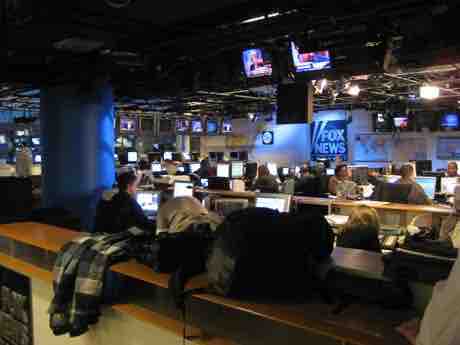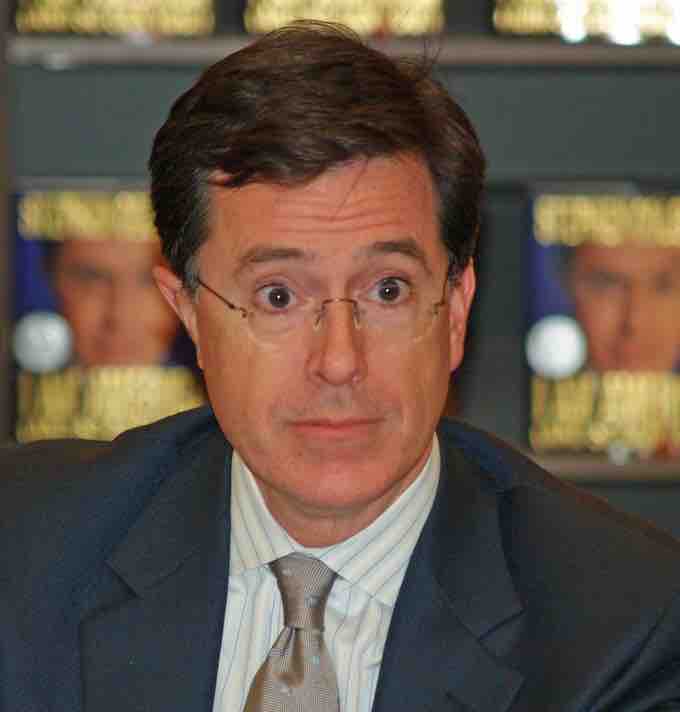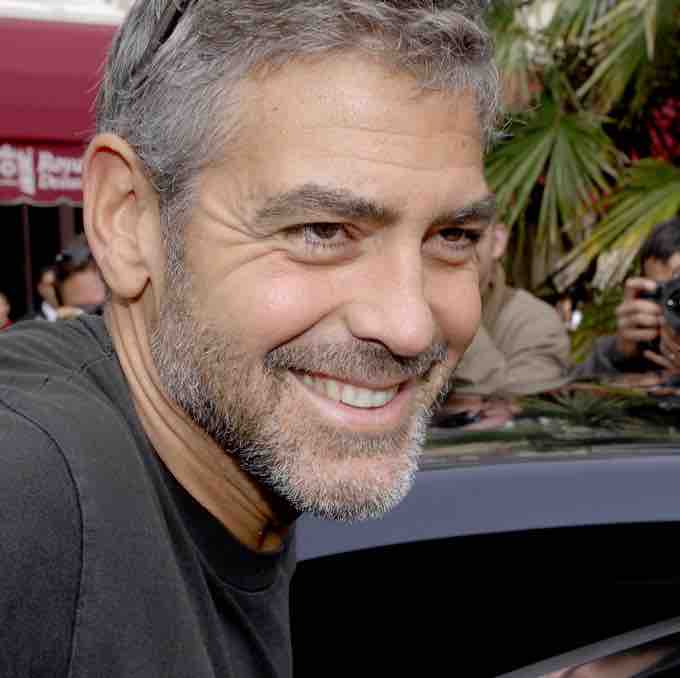Opinion Leaders
Opinion leadership is a concept that arises out of the theory of two-step flow of communication propounded by Paul Lazarsfeld and Elihu Katz Significant developers of the theory have been Robert K. Merton, C. Wright Mills and Bernard Berelson. This theory is one of several models that try to explain the diffusion of innovations, ideas, or commercial products.
The opinion leader is the agent who is an active media user and who interprets the meaning of media messages or content for lower-end media users. Typically the opinion leader is held in high esteem by those who accept his or her opinions. Merton distinguishes two types of opinion leadership: monomorphic and polymorphic.
Typically, opinion leadership is viewed as a monomorphic, domain-specific measure of individual differences, that is, a person that is an opinion leader in one field may be a follower in another field . An example of a monomorphic opinion leader in the field of computer technology, might be a neighborhood computer service technician. The technician has access to far more information on this topic than the average consumer and has the requisite background to understand the information, though the same person might be a follower at another field (for example sports) and ask others for advice. In contrast, polymorphic opinion leaders are able to influence others in a broad range of domains. Variants of polymorphic opinion leadership include market mavenism, personality strength and generalized opinion leadership. So far, there is little consensus as to the degree these concept operationalize the same or simply related constructs .
What makes an opinion leader?
One or more of these factors make noteworthy opinion leaders:
- expression of values
- professional competence
- nature of social network.
Opinion leaders are individuals who obtain more media coverage than others and are especially educated on a certain issue. They seek the acceptance of others and are especially motivated to enhance their social status. In the jargon of public relations, they are called thought leaders.
Example
In a strategic attempt to engage the public in environmental issues and his nonprofit, The Climate Project, Al Gore utilized the concept of opinion leaders. Gore found opinion leaders by recruiting individuals who were educated on environmental issues and saw themselves as influential in their community and amongst their friends and family. From there, he trained the opinion leaders on the information he wanted them to spread and enabled them to influence their communities. By using opinion leaders, Gore was able to educate and influence many Americans to take notice of climate change and change their actions.

Fox News
News stations, such as Fox News, provide opportunities for viewers to hear from opinion leaders.

Opinion Leaders
Opinion leaders, such as Stephen Colbert, often shape public opinion. People are inclined to follow opinion leaders because of their knowledge and experience.

Celebrities as Opinion Leaders
George Clooney is an example of a celebrity opinion leader. His advocacy for issues in Africa and the Sudan has made him an opinion leader for many people.